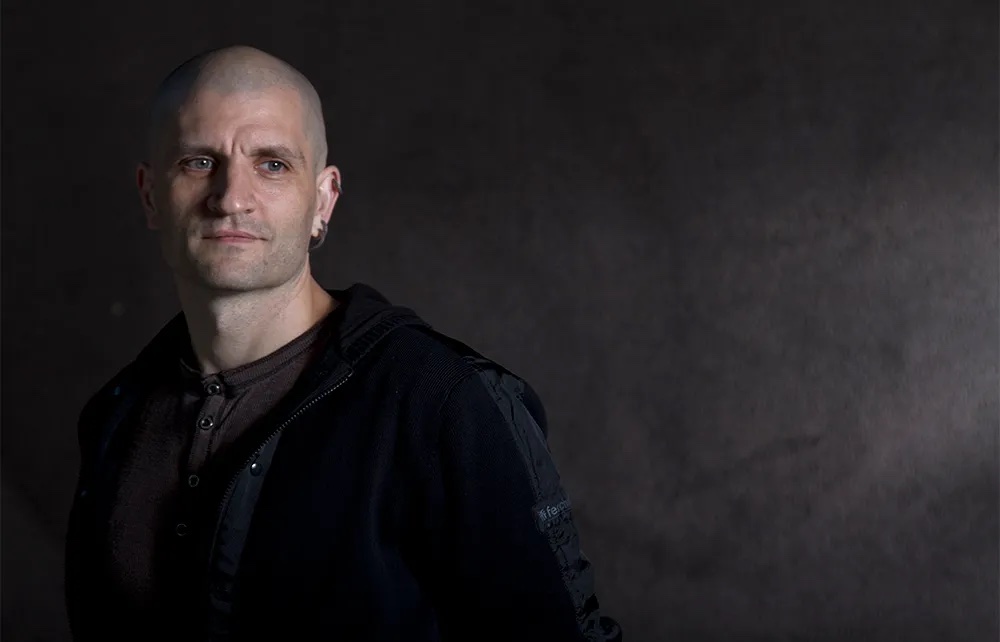One of the first things I was taught in literary theory was to look for supposed rhetorical rather than logical opposites and unravel them. It works well with “the opposite of cat.” Cartoons show this can be either mouse or dog. The Book of Elsewhere, based on the comic BRZRKR, poses something similar with metaphysics. The protagonist, B., or Unute, has a narrative arc quickly summarized as “I kill, I die. I come back.” What is the opposite of B.? He is not alive in a way we understand, but he is not dead, or a zombie; he is not undying, and time alone will tell if he is immortal. He feels pain, suffers, “dies” and respawns like a computer game character, bursting out of an egg-like chrysalis, sometime — hence the title — elsewhere.
B. is supposedly around 80,000 years old, and the novel has two spurs to jeopardize the otherwise unstoppable phenomenon. Firstly, what is he — a semi-divinity, an alien, a mutant, a theological flail of God? Secondly, can he die? The only other similar creature is a boar, a baribusa, with an aeons-long grudge against B. As it tracks him, something else is following its spoor. B. wants to die, but he is no “devil sick of sin.” He is not technically suicidal. What he wants is the option of non-existence.
Although the story echoes Keanu Reeves’s graphic novel, the reader can quickly spot China Miéville’s fingerprints. The vocabulary is stippled with haruspex, khesheph, lingchi, vorago, culicid, riastrid, thowless, Urschleim and more. There are literary references: the frenzy that Unute goes into is referred to as a “warp spasm,” noting the phrase’s use by John Kinsella in his translation of The Táin. The piggy nemesis is linked to the creatures in Hope Hodgson’s The House on the Borderland. Perhaps more importantly, the book allows Miéville to play in a different genre. Its closest kin are works such as Conan the Barbarian, with its “Hyborian” civilization before civilization as we know it, and Michael Moorcock’s Eternal Championcycles. There’s also an in-joke mentioning that Unute knew the mythic Irish warrior Cú Chulainn and thought he was an idiot.
Miéville does allow himself a sort of solution to the enigma, and it is done elegantly and without tying the hands of future collaborators or dispelling the intrinsic mystery. Nor does it sacrifice the teenage fun of inventive massacres. The reader will have as much enjoyment as Miéville evidently did with this emo Herakles.
This article was originally published in The Spectator’s UK magazine. Subscribe to the World edition here.






















Leave a Reply